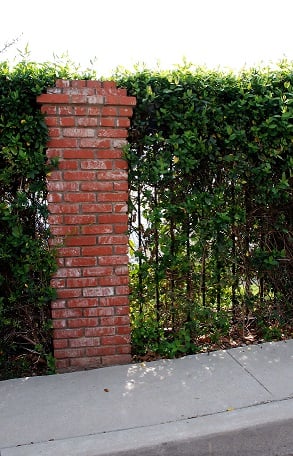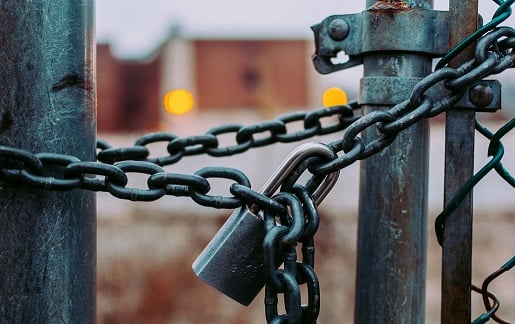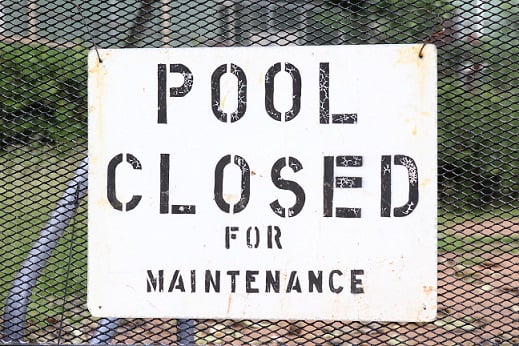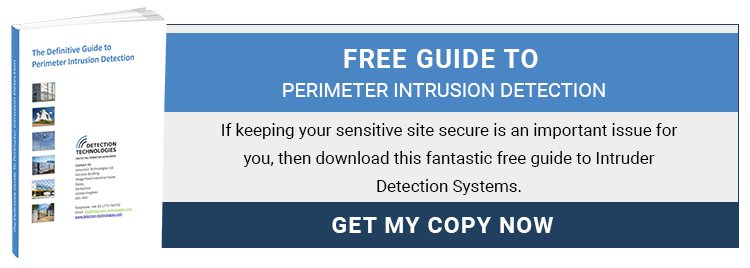If you have installed a Perimeter Intrusion Detection System (PIDS) around your property then you have taken the first step in protecting your property. Whether you have installed PIDS to guarantee the safety of your workplace and equipment or your home and family, it is important to guard against false alarms. Multiple false alarms may make you complacent. You need to be certain that when your PIDS gives you a warning, it is a real event.
Most PIDS rely on vibrations in order to ascertain whether there is an intruder or not. This system is not infallible, and this means that anything causing vibrations around the perimeter may trigger a false alarm. To avoid this, you must prevent any vibrations caused by non-hostile events.
Here are the main culprits and how you can act now:
Poor Fence Condition
This is absolutely the most common trigger for a false alarm. Loose fence panels that are not secure can vibrate heavily in the wind. When this happens, and vibrations pass into the fence post, it automatically triggers a warning. You should endeavour to ensure that your fence is in the best condition it can be and that all fence panels are securely attached. Regularly inspect the perimeter fence after a spell of particularly windy weather and be certain to fix any loose panels you find.

Vegetated Fences
It is very difficult for your PIDS to determine the difference between a person climbing a fence and a branch of a nearby tree bumping into the fence in the wind. If you are installing a PIDS you should be sure that there are no overhanging trees or plants within striking distance of the fence itself. Ensure that you make regular checks and cut back any offending branches. You may also want to use weed matting to ensure that nothing can grow too close to your perimeter.

Gates With Chain Locks
Most people will try and force access at doorways or gateways in your perimeter and particular attention should be paid to this area when you look at your security. Often gates and doors are sealed with a chain lock. These look far more secure than they actually are and have the added disadvantage of swinging against the door or gate frame in high winds. Once again, the PIDS will issue a false alarm, believing that someone is attempting to force entry.

Old Fence Signs
Similarly to the chain locks, a ‘no-entry’ or ‘trespassers will be prosecuted’ sign can be a double-edged sword. It may dissuade people from accidentally trespassing but can blow against the fence in high winds. If you are going to use a sign, use steel cable ties to secure it in place.

Loose Razor Coil
In high security applications barbed wire is a very popular means for protection against intruders who would climb into the site. However, aging razor coil tends to generate unwanted alarms when bumping into the fence. As a result, razor coil should be regularly checked and maintained if necessary.

PIDS generating false alarms can be very distracting, but if you take these preventative measures you can ensure that the only alarm you hear is the one that you need to.





